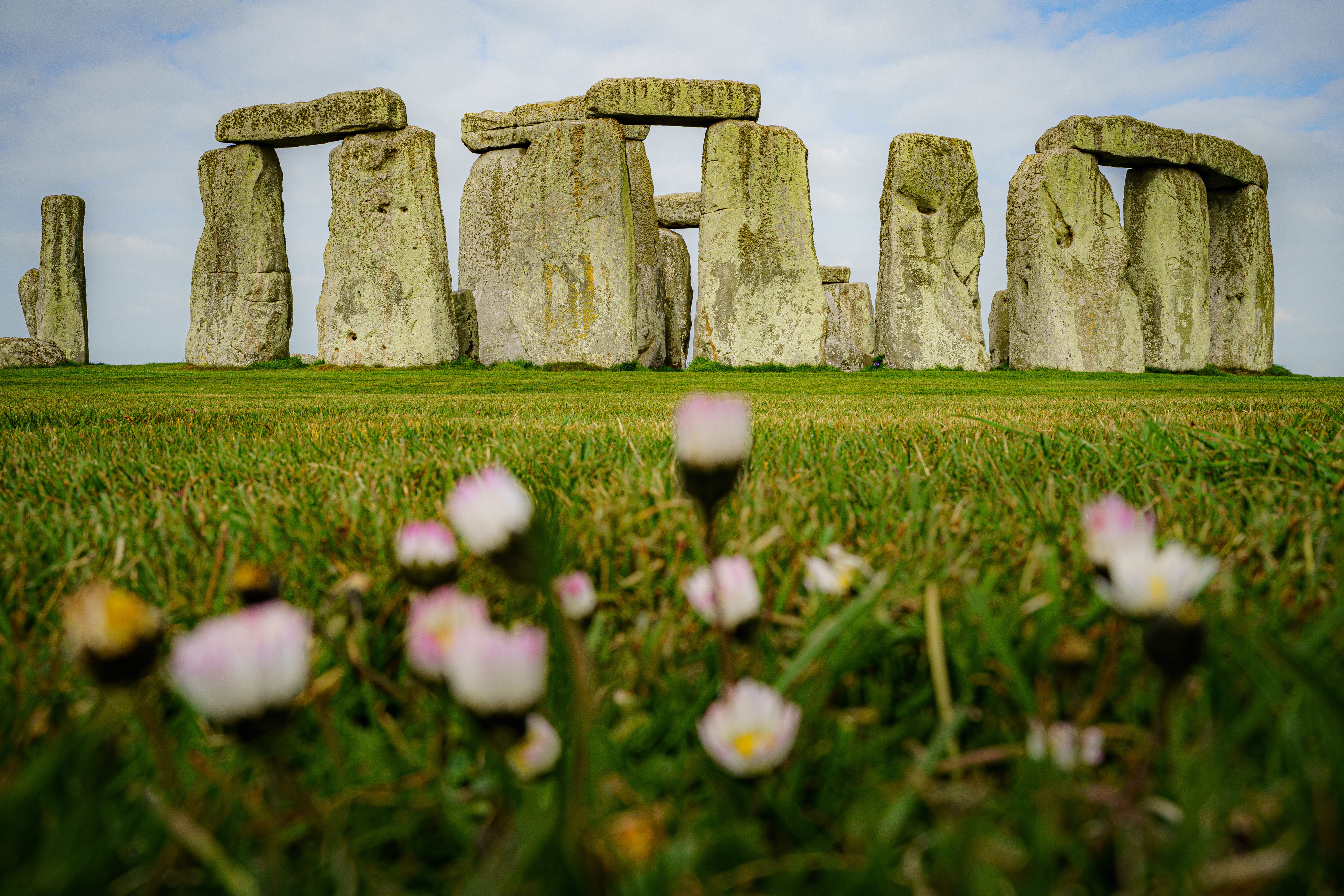High Court to hear second challenge against Stonehenge road project
Campaigners have brought fresh legal action against a decision to approve a controversial transport project which includes a tunnel near the site.

Campaigners will make a second High Court bid to block a controversial road project featuring a tunnel near Stonehenge.
Save Stonehenge World Heritage Site (SSWHS) is challenging Transport Secretary Mark Harper’s decision to back the £1.7 billion scheme to overhaul eight miles of the A303, including the two-mile tunnel.
A hearing will begin at the Royal Courts of Justice in London on Tuesday.
A development consent order previously issued for the National Highways project was quashed by the High Court in July 2021 amid concern about the environmental impact on the Unesco World Heritage Site.
Then-transport secretary Grant Shapps gave the green light to the project in November 2020, despite advice from Planning Inspectorate officials that it would cause “permanent, irreversible harm” to the area.
The Save Stonehenge World Heritage Site (SSWHS) alliance successfully challenged his decision in the High Court.
The Department for Transport approved the tunnel from Amesbury to Berwick Down in Wiltshire for the second time on July 14.
John Adams, one of the three directors of SSWHS, said: “In the face of Government indifference to the harm this road will cause the World Heritage Site, we had no choice but to bring this legal action.
“As before, we hope we are successful in overturning this proposed vandalism. We hope justice will be served over the next three days.”
Television historian Dan Snow, who is among those campaigning against the tunnel project, said: “It’s astonishing that the Government is persisting with such a damaging scheme when there’s so much opposition. Even Unesco opposes it.
“They’ve got to come up with something better. Simply cutting right through one of the most important archaeological sites on planet earth shows little respect for humanity or our heritage.
“There are plenty of other solutions that could reduce traffic past Stonehenge.”
Rowan Smith, a solicitor at law firm Leigh Day, which is representing SSWHS, said: “Despite this road development being so controversial, and despite important new matters which required proper scrutiny, the secretary of state ignored calls for a fresh public examination.
There are plenty of other solutions that could reduce traffic past Stonehenge
“Our clients consider that was unfair and potentially a breach of human rights.
“Also, no regard whatsoever was given to the risk that Stonehenge would lose its world heritage status if plans were approved, which our clients say was plainly irrational.
“We look forward to presenting these arguments to the court.”
The Stonehenge site, with Avebury, was declared by Unesco to be a World Heritage Site of Outstanding Universal Value in 1986 on account of the size of the megaliths, the sophistication of their concentric plans and the complexes of Neolithic and Bronze Age sites and monuments.
The A303 is a congestion hotspot, with drivers heading to and from the South West during peak holiday periods often stuck in long queues on the single carriageway stretch near the stones.
National Highways says its plan for a two-mile tunnel will remove the sight and sound of traffic passing the site and cut journey times, but some environmentalists and archaeologists have voiced their opposition due to its impact on the area.
The project is classified as nationally significant, which means a development consent order is needed for it to go ahead.
